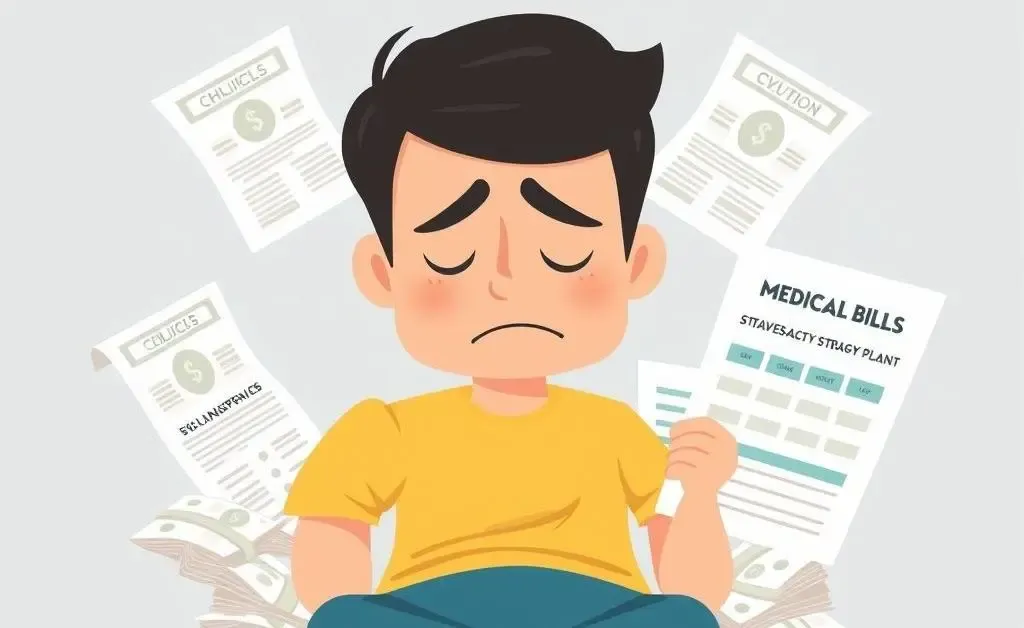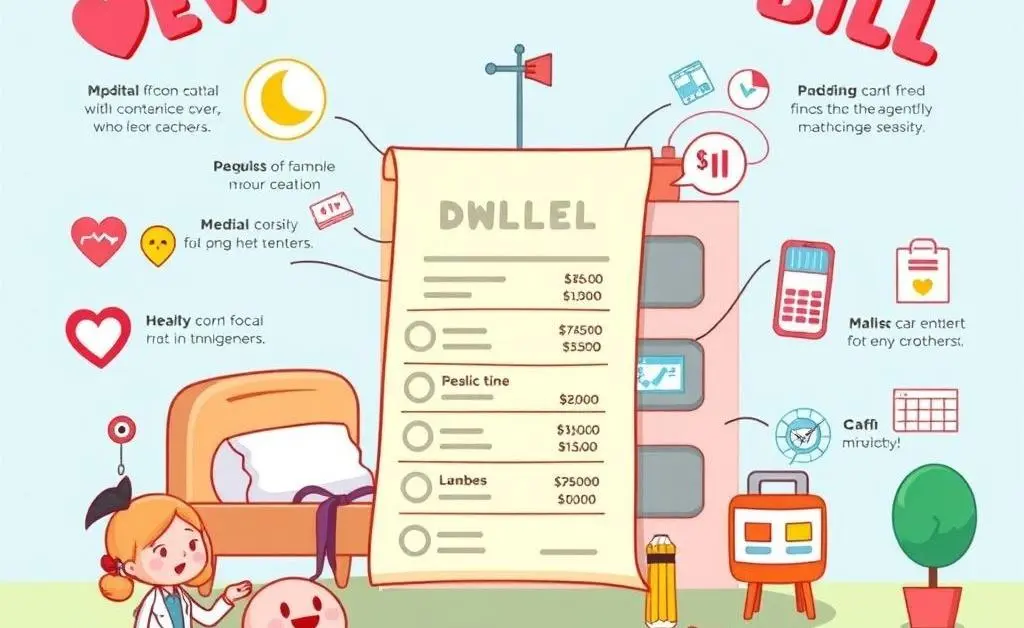Navigating Medical Bills: A Personal Finance Survival Guide
Discover practical tips to manage unexpected medical bills and safeguard your financial health.

We've all been there—receiving a surprise bill from the hospital that leaves us questioning everything about our finances. The shock, the confusion, the inevitable stress... it can feel completely overwhelming. But what if I told you there are ways to handle these situations without losing your cool?
Understanding Your Medical Bill
First things first, let's look into what that intimidating bill actually says. Medical bills often come with a cipher of codes and charges that can be mystifying. Take a deep breath, grab a magnifying glass if necessary, and check the following:
- Itemized List: Ensure each procedure or service is listed separately so you know exactly what you're paying for.
- Insurance Coverage: Confirm that your insurance has covered what it's supposed to.
- Contacts: Reach out for clarification on any charges that seem unclear or excessive.

Plan Your Financial Responses
The next step is strategizing how to tackle this uninvited financial guest. Here's a strategy that worked for my friend, Jamie, who recently found herself facing a $37,000 bill for her newborn's NICU stay:
1. Emergency Fund
If you have an emergency fund, this might be the time to use it. Ideally, such a fund should cover three to six months' worth of expenses. But don't fret if you haven't built this up yet—you're not alone.

2. Negotiation
Believe it or not, hospitals are often willing to negotiate the bill. Perhaps propose a payment plan or request a reduced rate if you pay a lump sum upfront.
3. Financial Assistance Programs
Research community resources or financial assistance programs that can offer relief based on income level or need. You might be surprised at what's available.
Building a Defensive Financial Plan
A proactive approach is your best friend here. Regularly revising and improving your financial plan ensures that an unexpected expense doesn't throw life into chaos.
- Create a budget that prioritizes savings for emergencies.
- Invest in good health insurance plans suitable for your needs.
- Regularly review your financial situation and adjust your strategies accordingly.

Have you had a similar experience with an unexpected medical bill? How did you handle it? I'd love to hear your stories and any nuggets of wisdom you've picked up along the way!




